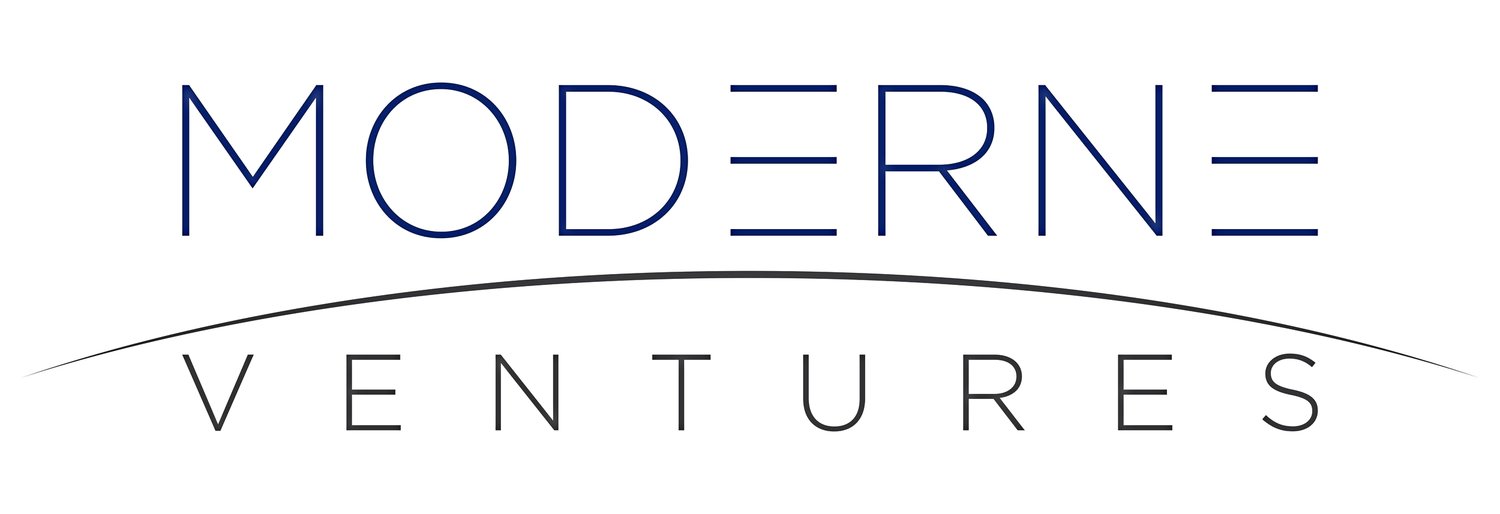We were recently asked a series of questions by Joanna Glasner of Crunchbase and it provoked some thoughts about millennials, diversity, and the future of housing.
Introduction
Investing in "Real Estate Tech" certainly picked up in the last year, CB Insights reports that more than $2.5B going into RE tech investments in 2016 alone with predictions to increase.
That said, we actually think of the space as even broader than that. We particularly focus on companies that can span multiple markets of which one is real estate so, "real estate tech" in our mind encompasses a lot more then a new property management platform. For example, TaskEasy, UrbanBound, HelloTech, and Contactually are all examples of companies that you would never call “RE Tech” yet have significant influence, and command significant $$s from the real estate space.
When you start to broaden the market to look at the industry as 1.5M independent contractors, 600,000 SMBs and thousands of enterprise clients, you start to realize that ‘tech’ generally can fit into a ‘RE Tech’ strategy and the opportunity is vast for technologies outside the industry to enable change within it.
Are you seeing an increasing level of investor and/or entrepreneur enthusiasm around real estate recently? If so, what are the drivers?
Yes, there have always been investors dabbling in the space but the interest has seemed to increase in the past couple years. Main driver: a $3T+ market! I'm surprised it took people this long to catch on.
Real estate and its adjacent industries are broadly behind in technology adoption so many investors look at the space as low hanging fruit. As someone who has been investing in the space for 10+ years, I can say that most investors do not understand many of the nuances in the space such as: what drives adoption, true market sizing, political under-hangings and other factors that are not innate to those that are not engrained in the industry. This is why we exist! We have an entire program (the Moderne Passport) dedicated to helping our companies figure out quickly what others bang their heads against the wall for years trying to figure out.
How do you see the maturing millennial generation changing the real estate business, particularly as consumers, as they increasingly enter the rental and homebuyer markets?
It has been an interesting time where most markets have seen some of the highest affordability rates yet lowest numbers of new homeownership rates in history. Most of this is due to the last recession: lending got so tight it was impossible to get loans unless you were the perfect middle aged consumer that checked the appropriate 500 or so boxes; Millennials were taking longer to find ‘real’ jobs out of college and more recently, pent-up demand for rental units have birthed amazing rental communities that have driven demand away from homeownership in favor of lifestyle and freedom as more favorable value choices for this particular population. These factors coupled with urban renewal, community and an acceptance of the ‘shared economy’ at large (people not used to owning anything) have influenced the trend of low homeownership for millennials.
All that said, there will be an interesting buy-vs-rent tension to watch in the next few years:
Tension to Buy
Millennials now have jobs, incomes and characteristics such that they too can check the 500+ boxes necessary to get a loan
Millennials are now starting to have kids. Until inner city schools get fixed, suburbs will be an attractive option for those that cannot afford private schools
Undersupply in certain markets will drive prices higher and into more demand for h ome ownership
Tension to Rent
Multifamily owners and operators are increasingly creating digital, service-based amenities (Hello Alfred, Baroo, HelloTech to name a few) to give their renters back a commodity we have never needed more: time. Time to accommodate other challenges millennials face as they ‘grow up’
Lifestyle-minded choices and freedom (another key value) make renting more attractive
Lifestyle, sustainability, and community are key values of this generation and may drive market fo rces to fix some of inner-city challenges for family living
Other Trends to Watch
This decade will see more diversity (race, gender and heritage) in homeownership than ever before. Boomers will stick it out longer and move urban. As Boomers age, technology in home healthcare will keep them in their homes longer and senior “lifestyle” communities, unlike those grandma ever knew, will attract others away.
What areas of the real estate industry do you see as particularly ripe for startup disruption?
Three big areas of note:
Applications of blockchain technologies that drive down friction and transactional costs will create big wins.
There are massive information barriers across all aspects of residential and, particularly in commercial real estate – there is a big opportunity to fix this!
Smart homes and smart buildings will become expected norms and they will all be controlled from a mobile device.

